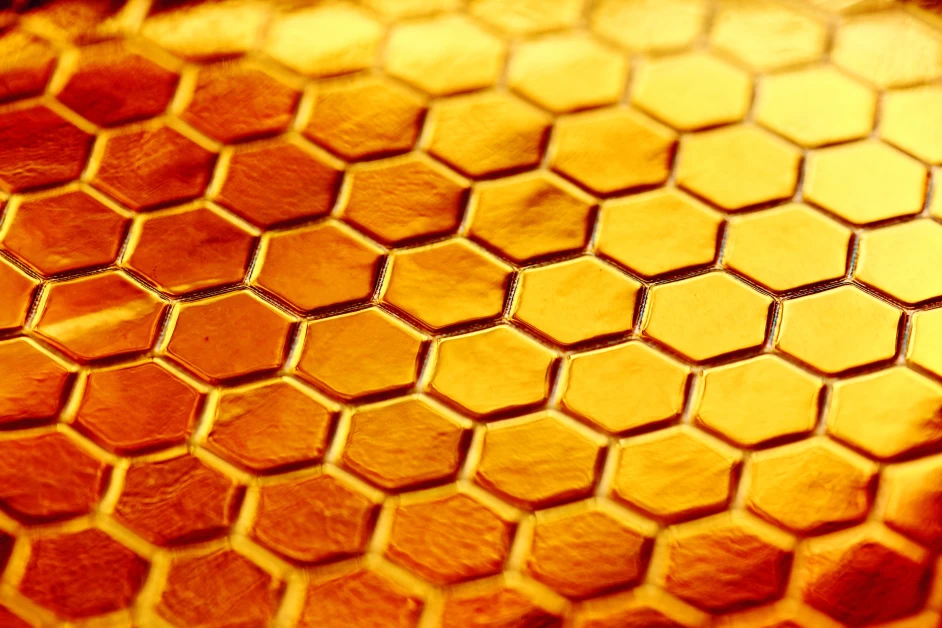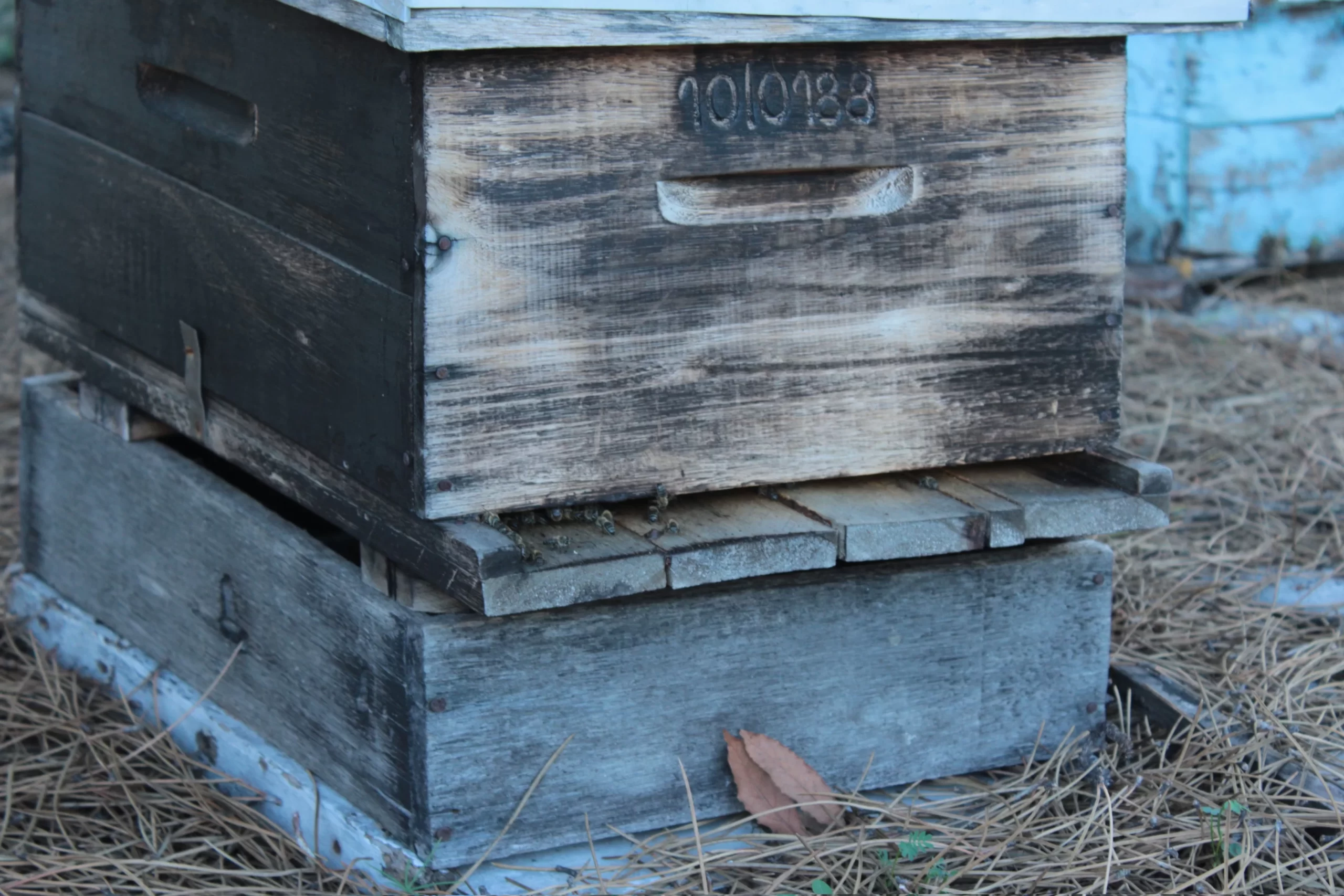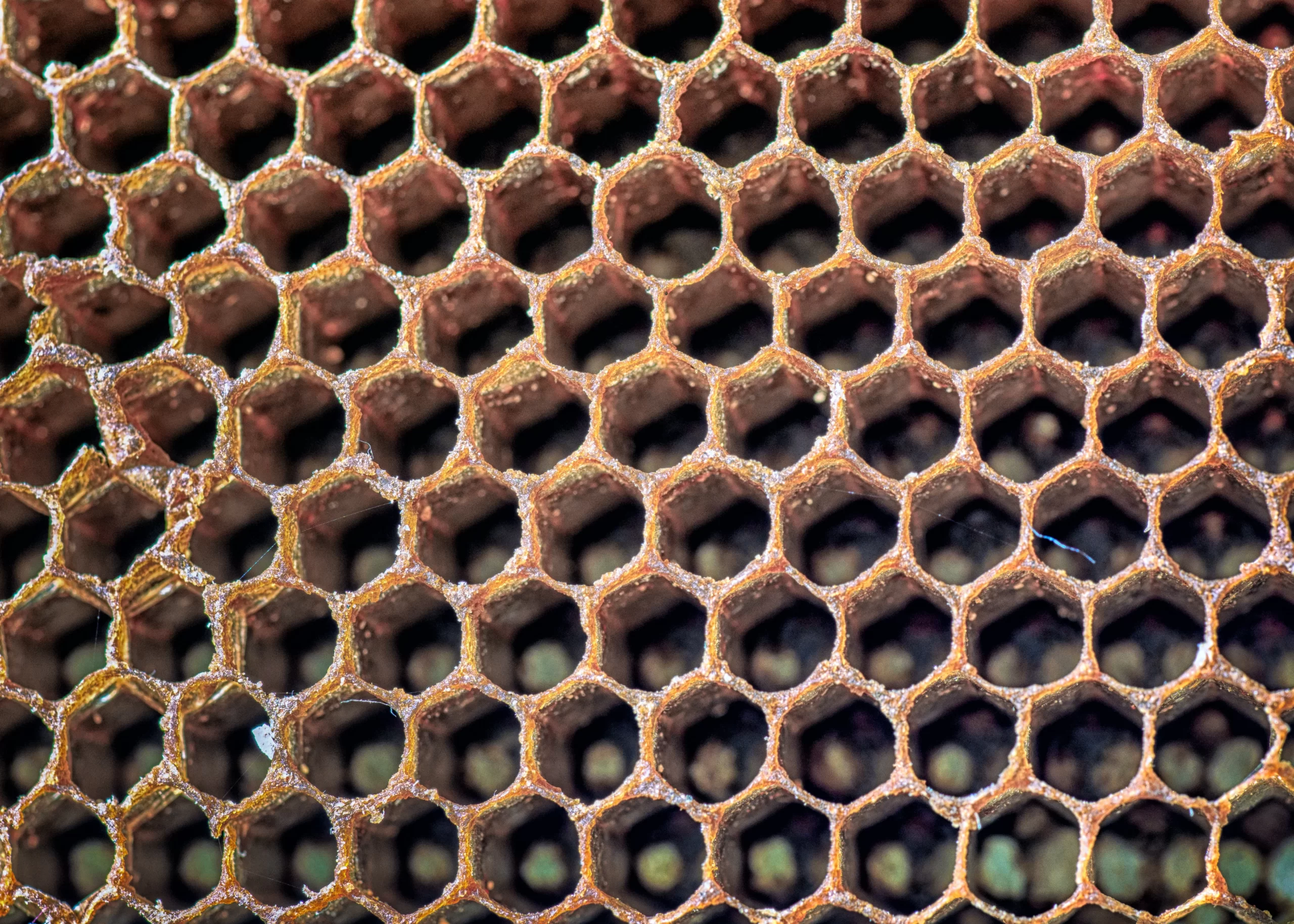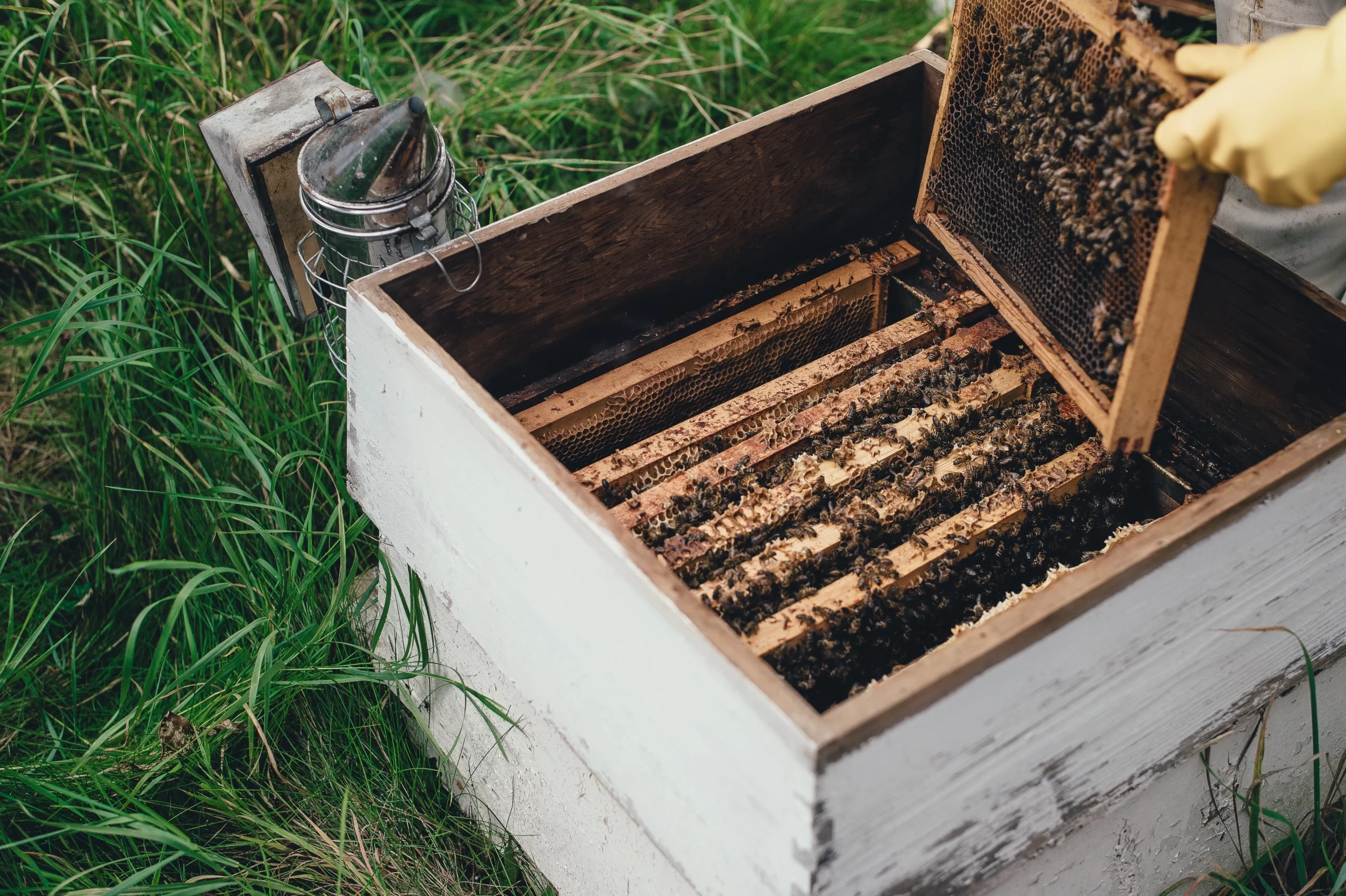Note: This article has been rewritten to match the original structure and formatting elements.
Introduction
With an unmatched reputation for delivering quality in every spoonful, PURITI consistently provides the world with our 100% unadulterated Mānuka honey. How exactly do we get to this point? With every step of the harvest process considered, we have spent many years optimizing and refining our extraction locations and methods to ensure that we retain the natural beauty of raw Mānuka honey.
This blog will go through the intricate steps that guarantee PURITI’s harvesting of authentic Mānuka honey. The team at PURITI undergoes meticulous honey sourcing within some of the most remote locations in New Zealand. From here, our state-of-the-art facilities then maintain the purity, where our incredible team leads the packaging of 100% pure New Zealand Mānuka honey.
Follow us on this journey to understand how PURITI’s pure Mānuka honey moves from hive to jar!
The Mānuka Tree and its Unique Properties
Does Mānuka Honey Originate From The Mānuka Tree?
The short answer is yes. Mānuka honey originates from the New Zealand native Mānuka tree (Leptospermum scoparium). While this tree is widely considered to be native to New Zealand, there has been unofficial speculation that the tree may also grow in specific parts of Australia.
Our hard-working honey bees collect nectar from Mānuka tree flowers and then begin the work of honey production. The unique properties and distinct flavor of PURITI’s Mānuka honey are the result of the unique nectar secreted by the flower.
While all Mānuka honey derived solely from the Mānuka flower is pure Mānuka honey, not all “Mānuka honey” jars can be considered to be pure. To be classified as authentic Mānuka honey, several specific quality standards must be met. Additionally, Mānuka honey must undergo extensive testing to determine its unique chemical markers. These same tests will also be able to determine whether the honey is raw (monofloral) or blended with other honey varieties (multifloral).
For more information on the difference, please read – “Why Should I Buy Monofloral Mānuka Honey Over Multifloral?”
What Makes Mānuka Honey More Exciting Than Conventional Honey?
PURITI’s raw Mānuka honey is leaps and bounds more exciting than conventional honey. Why exactly? The clue is in the name, PURITI. As mentioned above, there are several key markers that you can look out for to ensure they are buying pure Mānuka honey and not conventional honey.
The Ministry of Primary Industries (MPI) is an arm of the New Zealand Government and they have control over what factors must be present for honey to be considered “monofloral”. This is commonly referred to as the Mānuka honey science definition. This page shows you the minimum concentration certain biochemicals need in order for the NZ Government to certify it as genuine Mānuka honey.
Before any question of strength or value is considered, PURITI ensures every jar of pure Mānuka honey is exactly that. While we do offer raw Mānuka honey at varied potencies, we prioritize verifying an honest product before anything else.
With PURITI, we do everything we can to protect the quality and inherent rarity of New Zealand Mānuka honey. Always looking to challenge convention and improve the status quo, we are determined to defend against fake and counterfeit honey. That’s why we develop and adhere to stricter testing protocols than the government standards, setting a new benchmark of quality.
For more information on our exceptional standards, please read – “What’s So Special About PURITI’s Mānuka Honey?”
Harvesting & Producing Pure Mānuka Honey
Why Does Expert Care Need To Be Taken When Harvesting Pure Mānuka Honey?
As a treasured New Zealand export, there is extensive care, research, and insights taken into account when harvesting raw Mānuka honey. As every jar of PURITI’s Mānuka honey is promised to contain 100% raw Mānuka honey, we must have several safeguards in place to ensure we maintain this level of purity. How do we do this? We have expert apiarists (beekeepers) and master honey artisans who work with us!
Our beekeepers are knowledgeable on all things from extraction to avoiding contamination. Mānuka honey is a substance that can be easily contaminated, which is why all our extraction sites take great care in minimizing and eliminating the presence of harmful substances.
From chemicals to pollutants, you can be sure that PURITI ensures that we keep our Mānuka honey as clean and green as the country it grows in. Luckily for us, Mānuka flowers thrive in areas away from civilization, with many Mānuka bushes and trees only growing in remote areas – many of which are only accessible by helicopter.
Furthermore, expert care is required in our beekeeping practices to ensure the health and well-being of the honeybees. Healthy bees produce high-quality honey, it’s as simple as that. Our expert beekeepers consistently monitor the hives and follow sustainable beekeeping practices to maintain optimal levels of bee health during harvest and non-harvest periods. For more information on bee sustainability, please read – “Why Is It Important To Protect The Bees?”
PURITI is proudly a part of Midlands Apiaries, one of New Zealand’s largest Mānuka honey suppliers. Being connected to this company allows us access to their faultless supply network of specialized vehicles and shipping equipment. As a result, we’re able to get 100% pure Mānuka honey back to our state-of-the-art facilities and laboratories for crafting and testing without compromising the purity of the product.
At our specialized facilities, we ensure that our producers, who are master craftsmen of honey, maintain the original natural product while also maximizing the creamy texture that we’ve all come to love. By the end of the process, the honey is eventually placed into our beautiful anti-counterfeit jars to ensure that our customers know that they’re buying the real thing.
For more information on our anti-counterfeit measures, please read – “PURITI Creates The World’s Most Intensive Anti-Counterfeit Mānuka Honey Jar”
Raw Mānuka Honey Grading Systems
Is All 100% Pure Mānuka Honey The Same?
While you may have three different jars of 100% pure New Zealand Mānuka honey sitting in front of you, odds are, they will not be the same. If this is true, then how are you meant to differentiate between different jars? This is why we have Mānuka honey grading systems in place. While there are a few grading systems currently in place, there are definitely some preferred over others.
Some common Mānuka honey grading systems include:
- MGO content
- Unique Mānuka Factor (UMF™)
- K-Factor
MGO:
The MGO is a common acronym seen on many if not all, premium jars of pure Mānuka honey. MGO stands for methylglyoxal which is a unique biochemical found in most honey varieties. So what makes it so special? According to scientific research, MGO is found to be almost 40 times more present in Mānuka honey than in other more conventional honey.
K-Factor:
The K-Factor is an alternative and less commonly used method used to assess the purity of raw Mānuka honey. Unlike the MGO measurement, which is widely recognized, the K-Factor is specific to one Mānuka honey brand. This standard focuses on evaluating the pollen content in the honey but does not measure its potency.
MGO measurement is typically not showcased on K-Factor Mānuka honey. There are two main grades given with this standard – K-Factor 12 denotes multifloral Mānuka honey, while K-Factor 16 represents monofloral Mānuka honey.
Although the pollen count plays a primary role in determining the grade, other factors are also assessed, including traceability, rawness, pasteurization, GMO levels, New Zealand origin, antibiotic levels, glyphosate, and pesticide levels.
UMF™:
The Unique Mānuka Factor (UMF™) has gained significant recognition as the benchmark for verifying the purity of Mānuka honey. Developed in 1998, this highly-specialized approach was designed to prioritize the crucial elements that determine purity. UMF™ research identified four essential factors that play a significant role:
- Leptosperin – for authenticity
- Methylglyoxal (MGO) – for potency
- Dihydroxyacetone (DHA) – for shelf-life
- Hydroxymethylfurfural (HMF) – for freshness
This is the method which PURITI proudly use in all of our products. As the all-encompassing answer to ensuring premium Mānuka honey, we have made it our mission to utilize the best method to ensure 100% customer satisfaction. To learn more about the ranking within UMF™, please read – “Are Higher Grades Of UMF™ Mānuka Honey Rarer?”
How Can UMF™ Give Me The Confidence of Single-Origin Mānuka Honey?
While UMF™ is known for being an excellent standard for detecting potency, there are several authenticity criteria that ensure a single-origin or monofloral honey variety. As mentioned above, the key factors to consider for authenticity are leptosperin and dihydroxyacetone (DHA).
Leptosperin is the biochemical DNA marker that identifies the Mānuka species. A minimum concentration of 100mg/kg must be present in testing to receive a UMF™ 5+ (lowest) ranking. A minimum level of this DNA marker tells us that this is in-fact monofloral Mānuka honey.
DHA also assists with ensuring a genuine product due to its natural occurrence. What do we mean by this, exactly? DHA is the biochemical precursor to MGO and, as such, must be present at a certain concentration to ensure that the MGO present is genuine.
For example, if a sample of Mānuka honey was extremely high in MGO but very low in DHA, you could make the argument that the MGO may have been added artificially. What’s wrong with that? It means that the honey has been adulterated and no longer carries the unique rawness from when it was first extracted.
PURITI Can Provide You With 100% Pure New Zealand Mānuka Honey
At PURITI, we produce sensational, creamy, and untouched UMF™-certified Mānuka honey that exceeds all requirements to guarantee purity and potency. Each Mānuka honey product we sell exceeds the minimum leptosperin and MGO concentrations set by UMF™HA. As a result, consumers can buy from PURITI confidently, knowing that we are only selling 100% genuine New Zealand Mānuka honey.
The unique UMF™ trademark is a Quality Mark certification that is internationally recognized. After rigorous independent testing and auditing conducted by independent accredited laboratories (IANZ), this certification ensures that you’re buying the highest quality New Zealand Mānuka honey.
Buy our Mānuka honey online for all your wellness needs.









